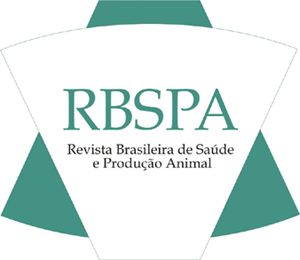Fifty barrows with high genetic potential for lean gain and 60.5 ± 1.58kg of average initial live weight were used in a study to evaluate different lysine levels on performance and carcass traits. A randomized blocks experimental design, with five treatments, five replicates and two animals per replicate was used. Treatments consisted in five digestible lysine levels (0.600; 0.700; 0.800; 0.900; e 1.000%) obtained with the variation of corn and soybean meal proportion. Animals were kept in the experiment until they reached 95.8 + 2.64kg of final live weight. Lysine levels had a quadratic effect on feed conversion and feed conversion in muscle, which improved to the level of 0.85 % digestible lysine , and lean meat yield , which increased up to 0.840 % digestible lysine.The daily lysine intake increased linearly with the elevation of dietary levels of lysine. There was no effect of treatments on weight gain, feed intake, carcass traits, carcass yield, fat yield, and ham yield. It was concluded that barrows from 60 to 95 kg require 0.850% of total lysine, corresponding to a digestible lysine estimated intake of 24.2 g/day.
carcass; requirement; finishing; genotype; lean yield
